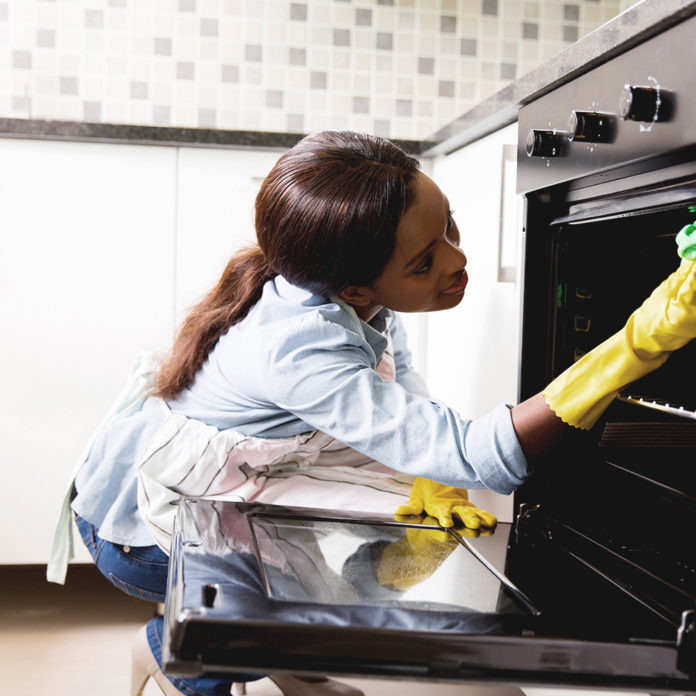
I was pondering this question while washing the dishes this morning.
And the answer in that moment was Valerie. My wife. If I don’t do these dishes, then she has to.
That may not seem like a super profound thought in and of itself, but if I responded to not feeling like washing the dishes without asking it, then I may simply have stopped washing the dishes.
But the moment I go to the place of ‘If I don’t then she has to’ and I know her day is a much heavier one in terms of workload and stress, then it becomes so much easier.
Do it if it’s a good thing to do
It’s probably not the best motivation in terms of why we do things. If I think of not littering or stepping into an area of racism or sexism that presents in front of me, actually those are just good things to do in and of themselves. I shouldn’t need the motivation of ‘this will fall to someone else’ to help me to something that is good.
So motivation-wise it is not the best. But conscience-wise it can help. And it plays out with a number of scenarios:
1. The good thing I can do.
This one is easy. There are certain things that are my job or duty to do and if I don’t do them it means that someone else has to. In a marriage situation that is typically going to be your spouse and in a family situation probably a parent and most likely your mom.
So do the stuff you need to do for starters. This should not even be up for discussion. The moment that my wife has to pick up my dirty clothes or make sure my hockey gear gets washed or take my dishes to the sink, we have a serious problem.
2. The good thing someone else didn’t do.
The example of litter works here. I can’t stand it when people litter because it can really have such a run on effect in a neighbourhood and because it is also such an easy thing to avoid.
But for whatever reason, many people don’t seem to get that (I’m looking at you, parents!) and I will come across a paper, can or bottle in the street and it is not really my place to pick it up because I didn’t drop it there. But then take a moment to ask the question – if not me, then who? And realise that with litter, once there are three pieces on the ground, it is so much easier to leave a fourth.
Realising that in that moment I am the one that is there and it is something that is so easy for me to do. For the sake of the neighbourhood and the community and whoever comes along next, I can just pick it up.
3. The bad thing that I can interrupt.
This category feels most significant for me. When someone’s car is broken down at the side of the road or someone is having a seizure in a public place or someone is being verbally assaulted because of their race, it can be so easy to avert my eyes and make like it’s not my problem and move on. And I think most people do that.
But it is also an opportunity for me to do something good. By hoping that someone else is going to step in and make it stop, there is the possibility that I am dooming that situation to not be addressed at all. Because that is how most people think – I will let someone else do it.
Whose responsibility is it anyway?
Perhaps if we shifted the question around we might find an easier answer. If we head back to my sink full of dishes, then there is an opportunity to serve my wife. It may be her responsibility as much as it is mine in terms of seeing that the dishes are done. But by getting there first, I can take on the responsibility while freeing her from it.
Because it is a responsibility it is not as if it is a gift in the sense that it would be if it was her job in the first place. As a person who lives in this house I am one of the people who needs to keep things clean. But when the responsibility doesn’t particularly fall on one person over the other, then it can be an action that acts a bit like a gift, because now my wife has one less thing to contemplate doing.
Let’s try keep this question – If not me, then who? – in our minds and hearts as we navigate our way round our homes and cities this week. And let’s be quick to act so that someone else doesn’t have to.
